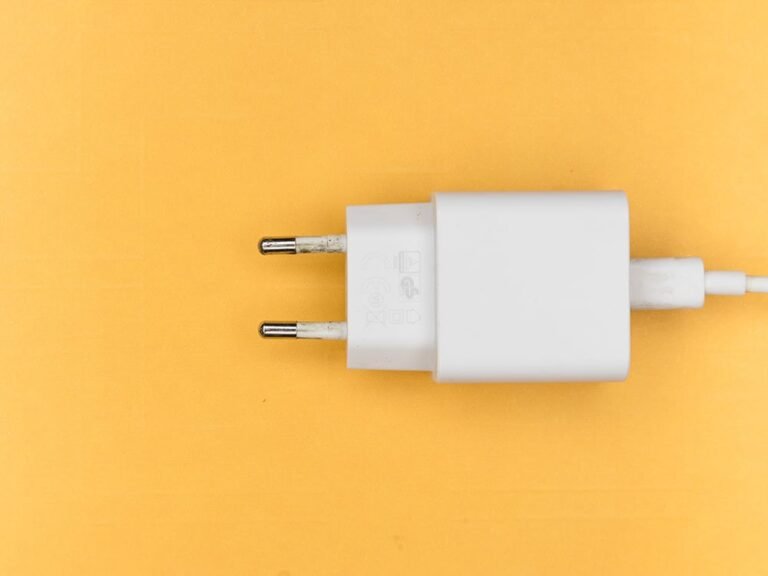trempé comme une soupe
The French saying “trempé comme une soupe” means literally “soaked like a soup.” It means “soaked,” “wet” or “completely wet.”
This is a very old idiom whose exact origins are unknown. It sounds like it is stating the obvious, since a soup is, by definition, wet. But “soupe” originally meant the slice of bread that was dipped into the soup and then withdrawn in a state that was “as wet as a soup,” or “wet like a soup.”
Over time, the word “soupe” has come to mean the liquid part of the soup, not the bread that is dipped into it.
The nearest English equivalents to this saying are “wet to the skin” or “soaked to the bone.”






